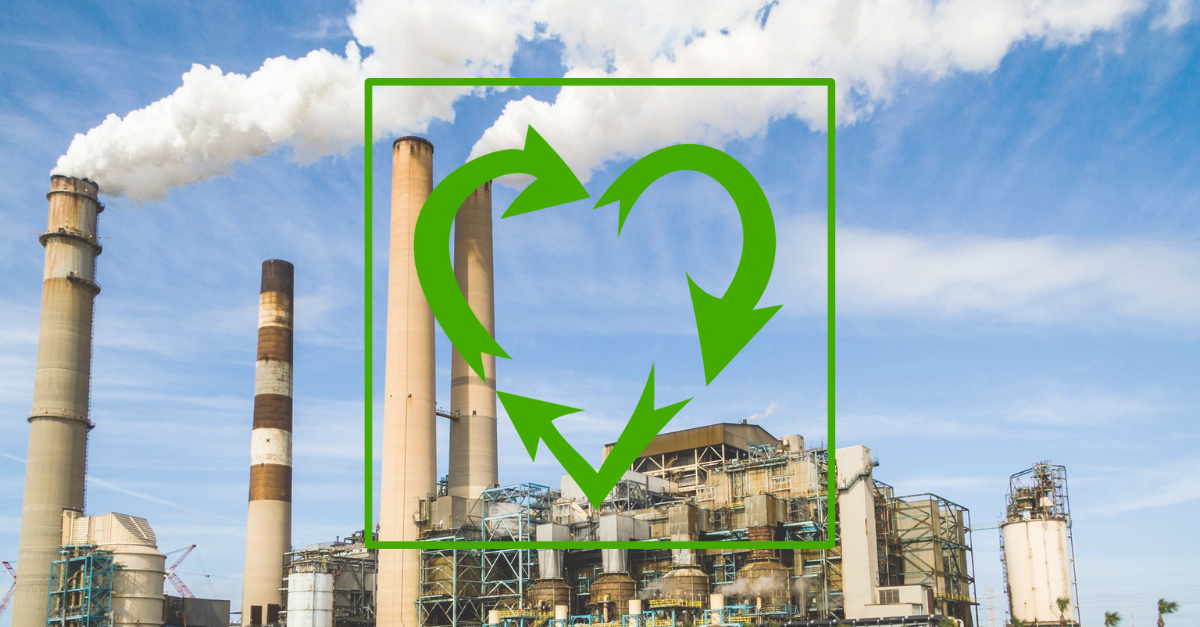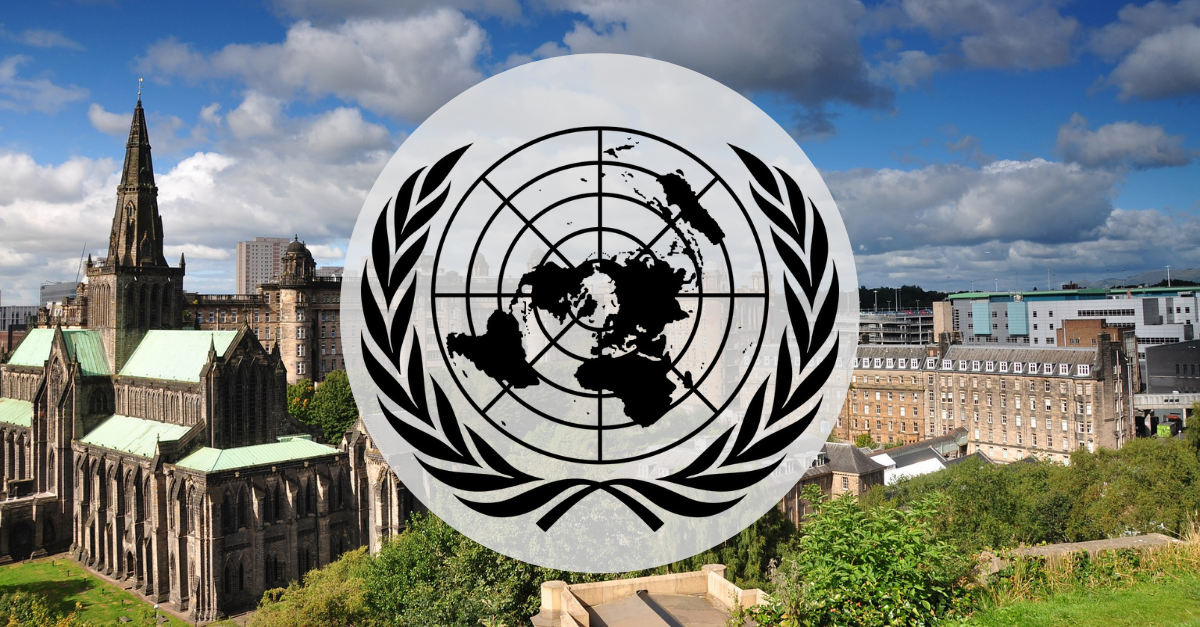We use cookies to make your experience better. To comply with the new e-Privacy directive, we need to ask for your consent to set the cookies. Learn more.
The Dangers of Greenwashing

Sustainability is quickly becoming the talk of the business world, with companies striving to decrease their carbon emissions and actively engage in ethical and sustainable business practices throughout the business model, from product creation to consumer.
But behind this greener outlook is a trail of less-than-legitimate ‘green’ businesses, who use impressive sustainability claims to entice both consumer and business customers with little to no regard for the environment they are claiming to want to protect. This is known as Greenwashing.
Coined in 1986 by environmental activist Jay Westerveld to refer to a hotel that passed off its towel reuse scheme as a sustainable effort to decrease water waste, when in reality they were looking to just decrease the costs surrounding the towel washing process. Although the outcome was that fewer towels were washed which perhaps had some effect on the wasted water of the hotel, their true intentions had nothing to do with sustainability – implying that the hotel in question would likely also make non-environmentally conscious choices purely to save money.
Corporate greenwashing has assumed other definitions over the years but at its core, it describes companies that aim to distract from their unethical and unsustainable practices by flaunting their more publicly palatable green solutions.
But what’s the problem?
US-based company Deloitte discovered that sustainability is of high importance to the younger generations, specifically Millennials and Gen-Z, with a significant portion of them stating that they would choose a company that shared their ethical and sustainable views. When a company chooses to masquerade as green, they are misleading their client base for their own gain.
In 2008 a Malaysian palm oil company claimed that their palm oil plantations aided in the local ecosystem. As we all now know, such plantations do the exact opposite – but customers were mislead into thinking that supporting said company would also support the environment.
Greenwashing detrimental effects throughout the business sector and being complicit can cause severe damage to a businesses reputation, not to mention the social, ethical, and ecological environments surrounding the company in question.
Avoiding Greenwashing
From a business perspective, avoiding greenwashed suppliers is vital when trying to revamp your business model to feature the more sustainable focus that is favoured by current consumers. It’s not just the general public who can be deceived, and checking the validity of any suppliers’ green claims is imperative when it comes to decreasing your carbon footprint.
In the production heavy environment of today, it can be hard to distinguish the greenwashing from the legitimate - but with business transparency and collaborative green efforts we can create a more circular economy centred around what’s best for business longevity, not just short term profit.
To learn more about sustainable technology, and how Cisco Refresh can help, contact a Chulo specialist today









